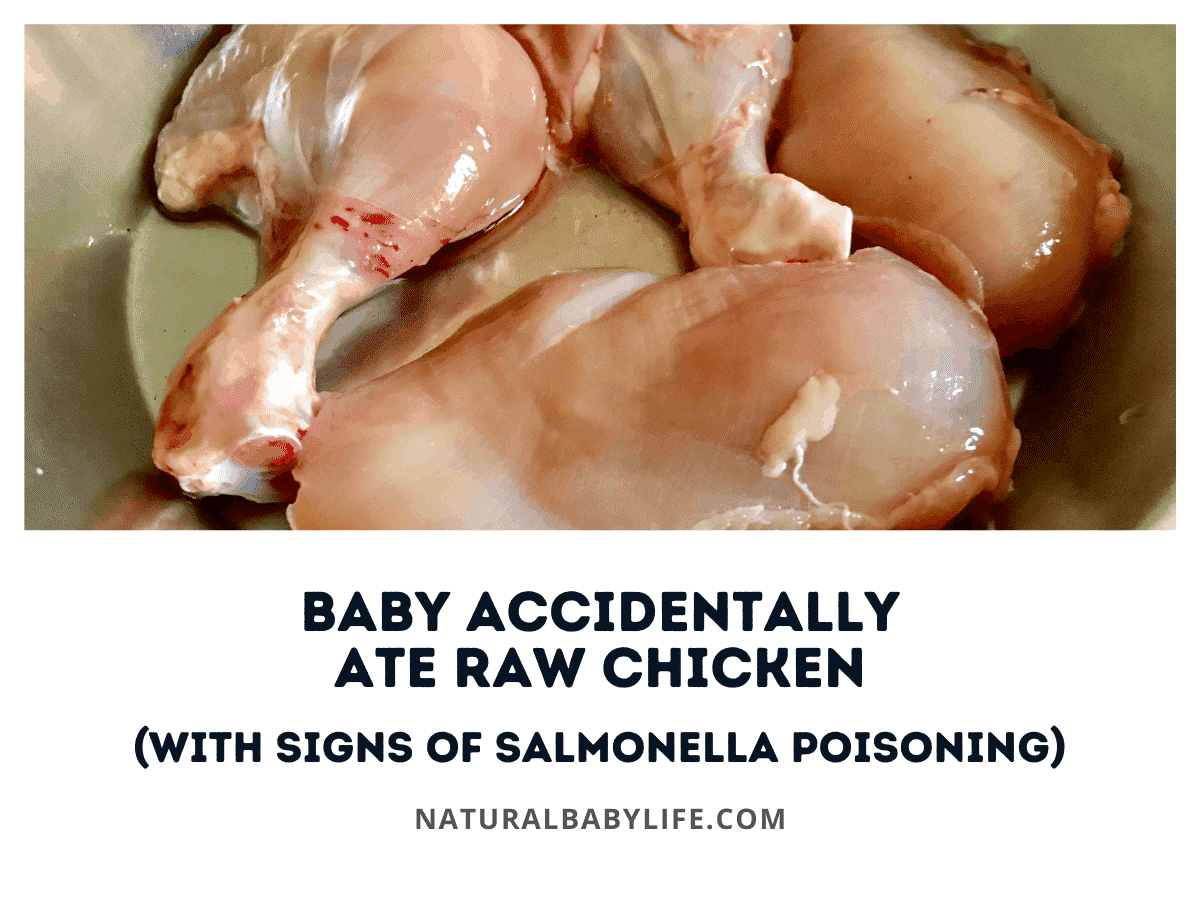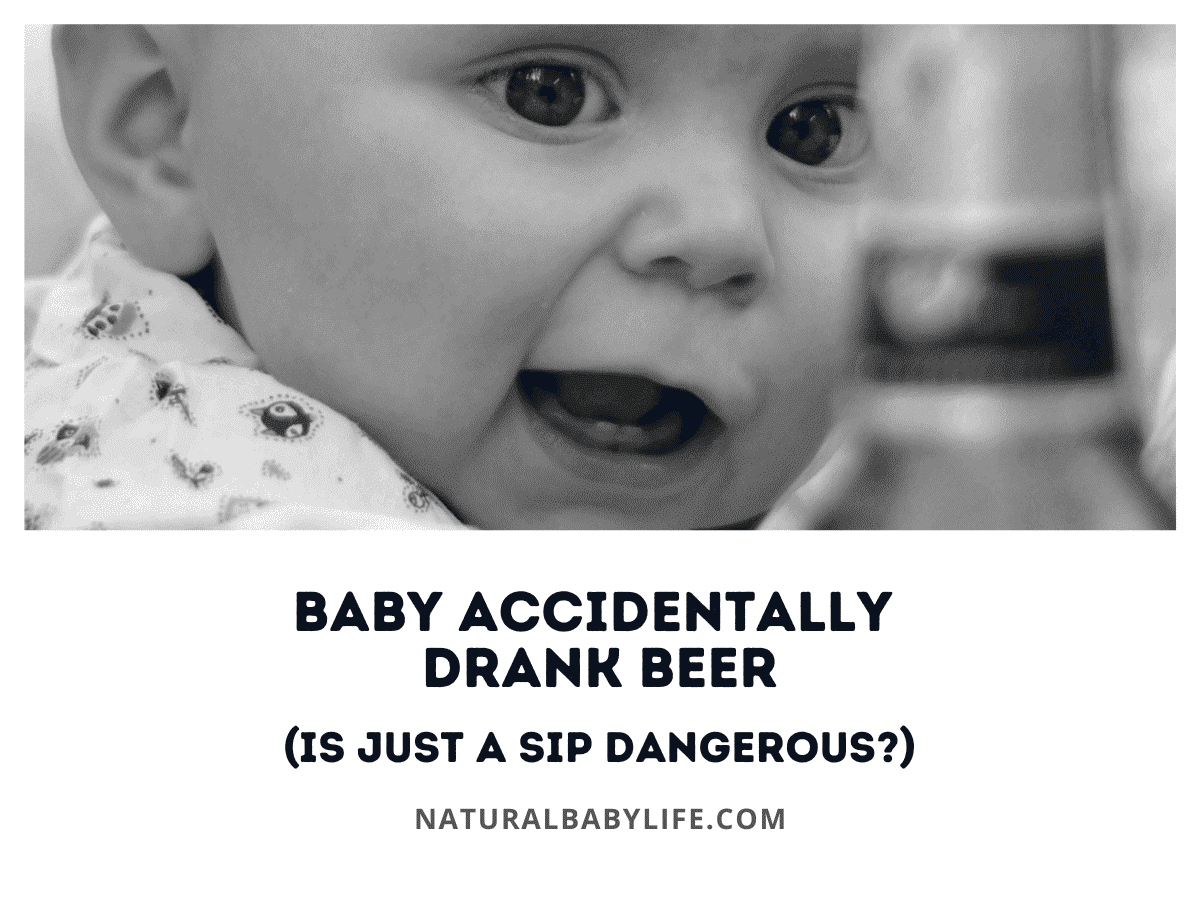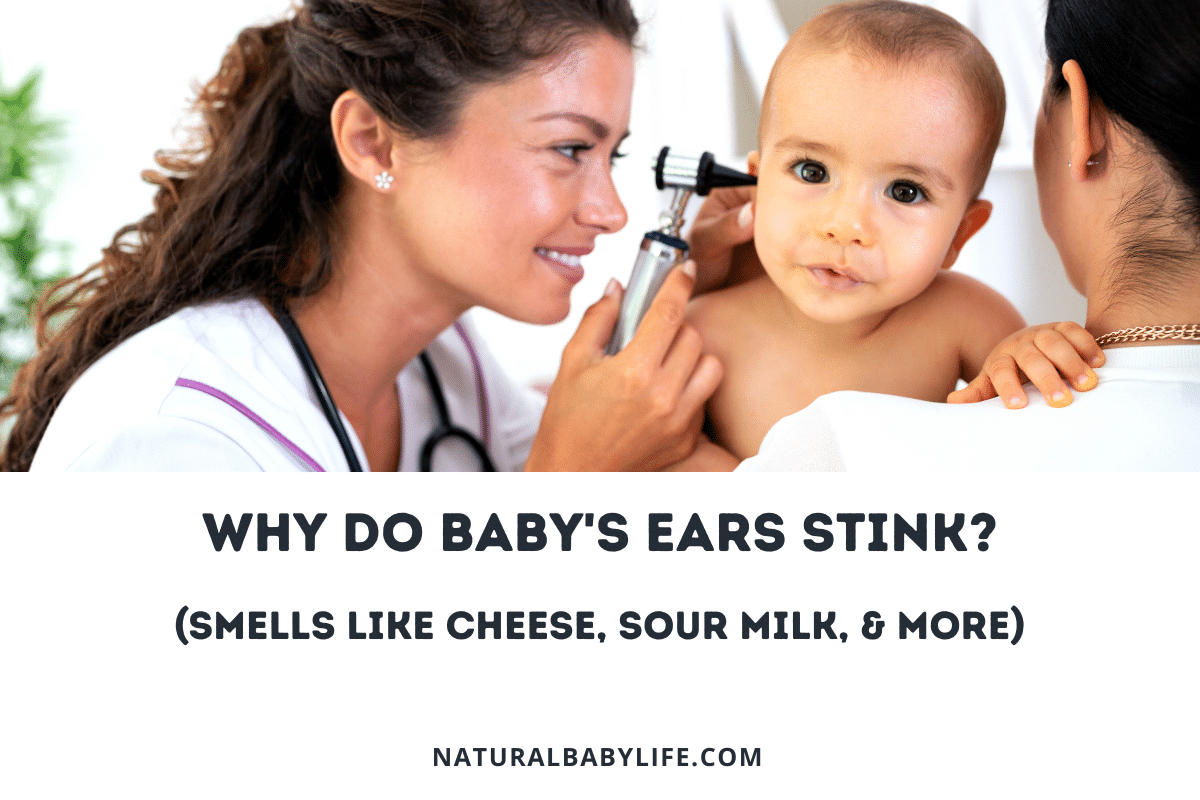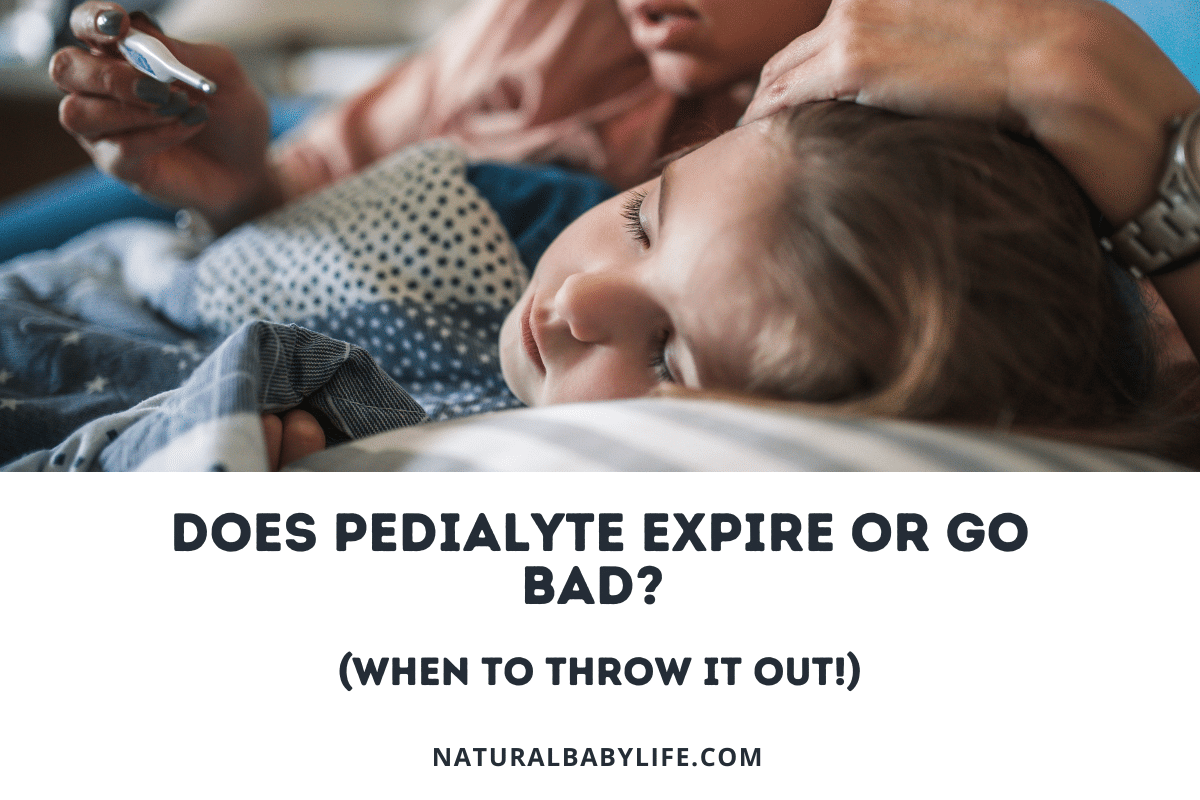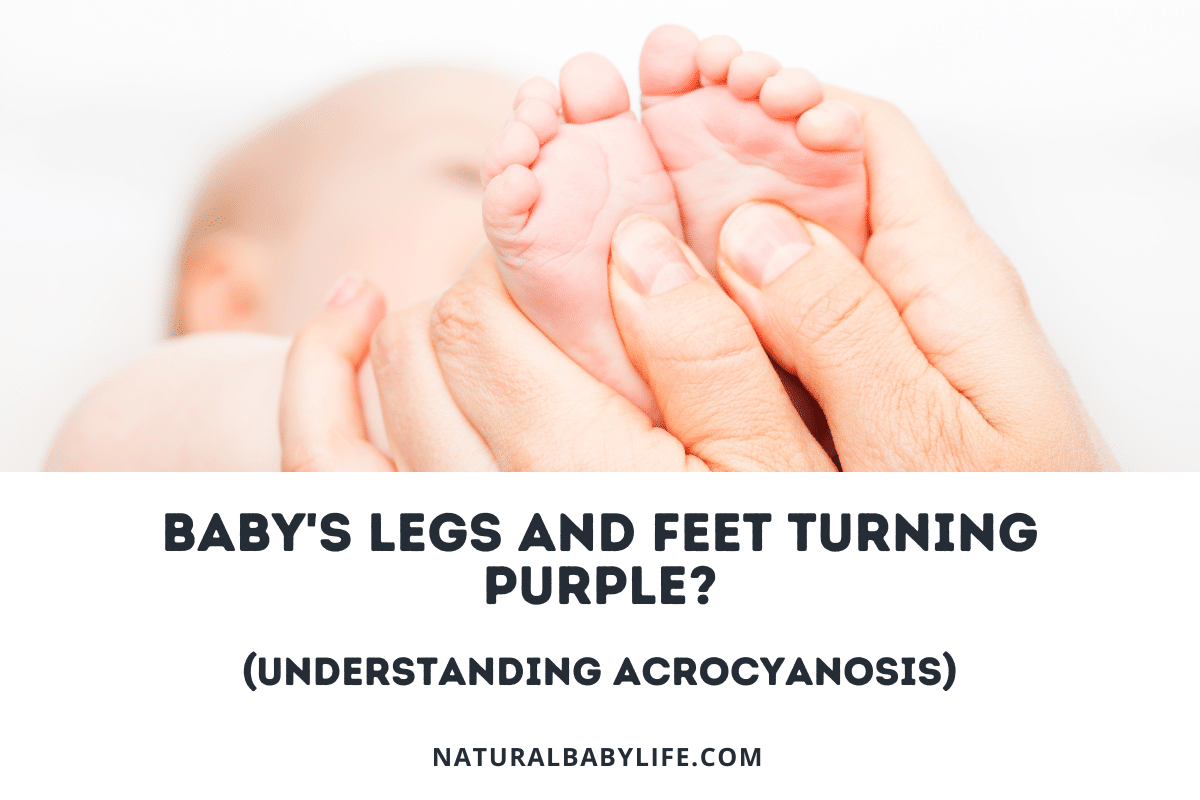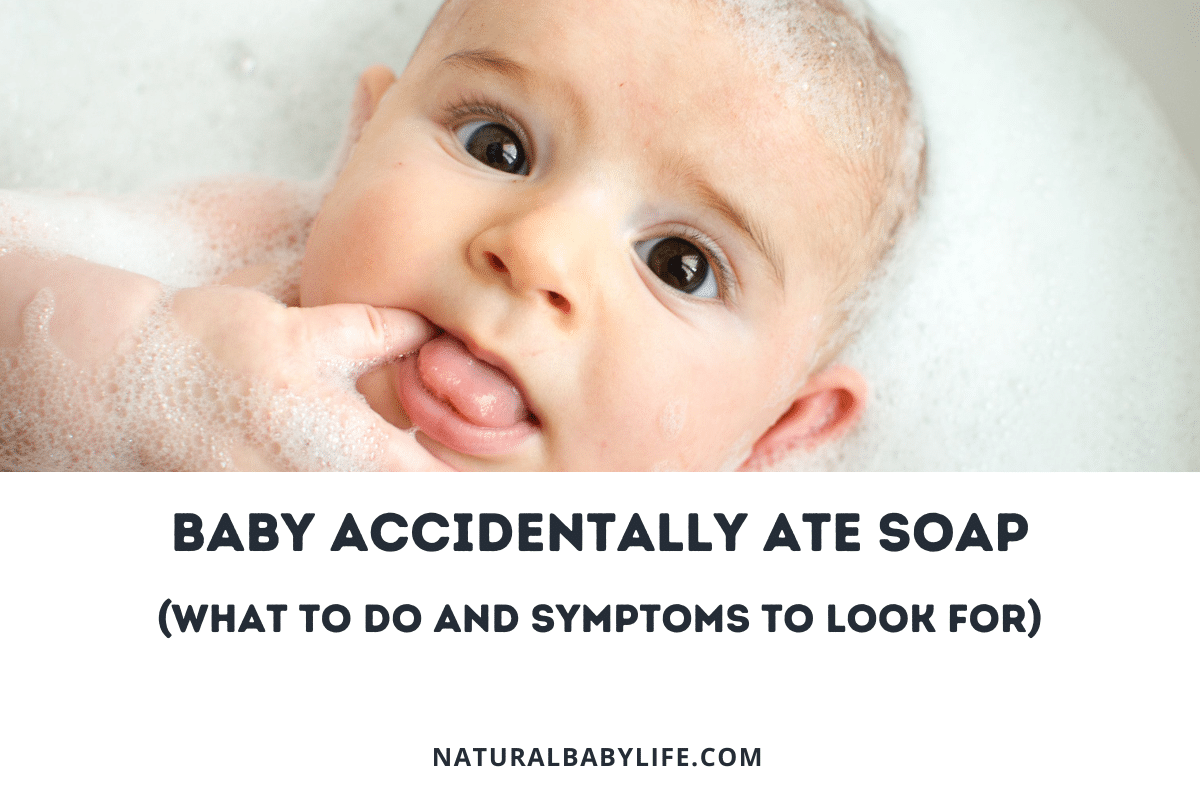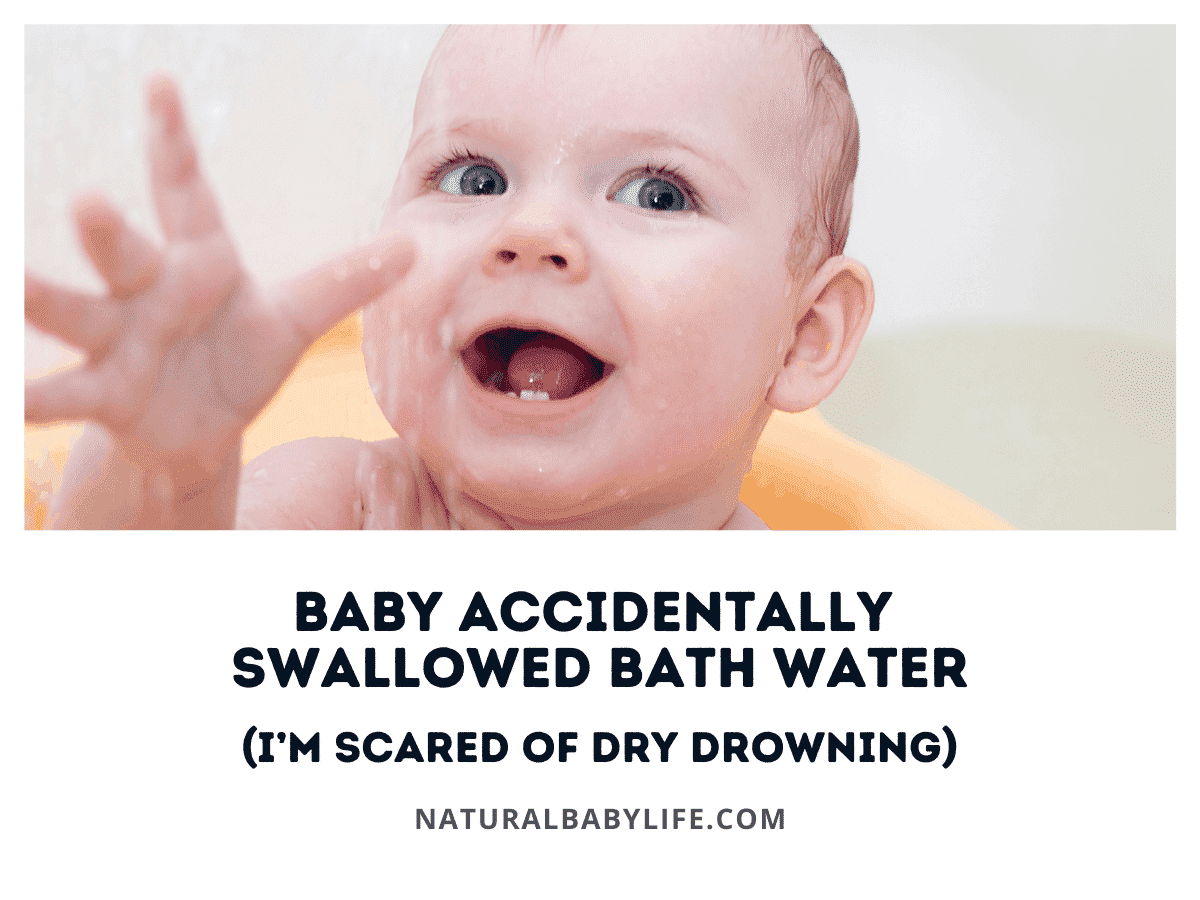Babies are known for getting into things they aren’t supposed to. But there are your every day, ‘oops, my child just stuck a crayon in their mouth’ moments, and then there are ‘my baby just licked raw chicken’ disasters.
If your baby accidentally ate raw chicken, it’s natural to feel a little panicked. Luckily, only about 25% of raw chicken in the U.S. is actually contaminated with salmonella, so your baby may not get sick. If your child shows signs of salmonella poisoning (fever, abdominal pain, or diarrhea) within 2-3 days, you should take them to a doctor.
Keep reading to learn more about salmonella, its signs and symptoms, and tips for helping to keep your child away from raw chicken.
Table of Contents
Baby ate raw chicken
If your baby somehow got their hands on raw chicken and ate it, you’re likely panicking. Raw chicken is, well, pretty gross. And you’ve been told your whole life that even partially cooked chicken can make people violently ill. It’s natural to wonder if your little one is going to come down with a debilitating illness.
Luckily, the majority of raw chicken in the U.S. doesn’t harbor any salmonella (the bacteria most often responsible for causing illness after eating raw chicken). Only 25% of the raw chicken sold in the United States tests positive for salmonella, and even then, if your baby only ate a bit of the raw chicken it’s possible that they didn’t ingest enough of the bacteria to make them sick.
While the odds are low that your child will develop salmonella after eating raw chicken, it is still possible.
And salmonella can be a serious illness, especially in babies and young children. The most common signs of a salmonella infection include diarrhea, fever, and/or stomach cramps.
In addition to the risk posed by salmonella, raw chicken can be contaminated with other types of bacteria, including Campylobacter and E. Coli. If you notice any symptoms of infection in your baby, you should seek medical help immediately.
What to do if you catch baby eating raw chicken
Although most signs of food poisoning show up within the first day of consuming the tainted meal, symptoms of salmonella poisoning may manifest up to 72 hours later.
If you catch your baby eating raw chicken, you should:
- Take away the raw chicken and put it out of reach
- Wipe out your child’s mouth with a damp cloth
- Wash your child’s hands with soap and warm water
- Give them some water to drink (or breastmilk/formula for younger babies)
- Watch for symptoms
If your little one develops a fever, diarrhea, or vomiting, seek medical help immediately. You may also want to call poison control at 1-800-222-1222 or visit www.poison.org for online help.
Will eating raw chicken make baby sick
Eating raw chicken can make anybody, including your baby, sick.
While the odds are about 1 in 4 that the chicken your child ate harbors salmonella, nearly 2 in 3 chickens bought from the store have some sort of disease-causing bacteria (salmonella, campylobacter, etc.) on their surfaces.
If the chicken your baby ate did have dangerous bacteria on it, then your little one may get sick.
While raw chicken can be plenty dangerous for adults, it can make babies even more ill. Food poisoning tends to be more severe in babies and toddlers, as their immune systems are still developing and have a harder time fighting off dangerous bacteria. Babies are also prone to quick dehydration, so even small amounts of vomiting or diarrhea can cause serious side effects.
Why is raw chicken dangerous
While it’s common knowledge that raw chicken can be dangerous, the reason for the concern is often less-known. Most foods you eat have some sort of bacteria on them. Many types of bacteria we encounter don’t hurt us at all, and there are even some types of bacteria that play an important role in keeping us healthy (if you’ve heard the recent buzz about your gut microbiome, you’ll know what I mean).
Even though there are plenty of good kinds of bacteria, other types can make us very ill. Salmonella, Campylobacter, and E. Coli are all dangerous species of bacteria… and all of them can be found on raw chicken.
Cooking chicken to an internal temperature of 165°F can kill the dangerous bacteria it might contain, but eating raw chicken (or eggs!) can allow the bacteria to enter your body and make you sick.
Salmonella
Salmonella is one of the greatest dangers presented by raw chicken. Technically, Salmonella is a particular species of bacteria that can negatively affect the human intestinal tract.
The bacteria is spread through infected fecal matter (yep, that means poop). Humans most often become infected with salmonella by eating contaminated food that hasn’t been properly cooked, including raw chicken.
It’s estimated that Salmonella bacteria cause 1.35 million infections, 26,500 hospitalizations, and 420 deaths in the U.S. every year.
Salmonella symptoms
Most cases of salmonella produce symptoms within 2 days of exposure to the bacteria, although some doctors recommend waiting 72 hours, just to be sure you haven’t been infected.
While adults can often ride out a case of salmonella at home, the infection can be very dangerous in young children. Their immune systems have a hard time fighting off the illness, and their small size can make dehydration more likely, and more dangerous.
If your baby or toddler does contract salmonella, some symptoms they might exhibit include:
- Fever
- Nausea
- Vomiting
- Diarrhea (may be bloody)
- Abdominal pain
- Headache
If your child starts to show signs of salmonella or food poisoning, it’s important you seek immediate medical help.
What to do if baby accidentally eats raw chicken
Although it’s natural to panic if you walk into a room and see your baby digging into the uncooked chicken for tonight’s dinner, freaking out won’t help the situation.
If your baby eats raw chicken, you should:
- Remove the chicken. The more bacteria your child eats, the more ill they’re likely to get. The first thing you should do is take away the raw chicken and put it somewhere your baby won’t be able to reach (and somewhere that won’t contaminate any of your other food).
- Wipe out your baby’s mouth. Use a damp cloth to wipe out your baby’s mouth. In older children, they can rinse and spit using water. Make sure your child doesn’t swallow any of the liquid they’re rinsing with – the point is to spit out any lingering bacteria, not swallow more of the dangerous stuff.
- Wash their hands. There’s a good chance your little one smeared germy chicken juice on their hands, so make sure you get them well-washed. Use plenty of soap and warm water, and scrub well beneath their fingernails (stuff tends to hide there). Don’t forget to wash your hands as well.
- Give them some water. After you’re sure that your child’s mouth has been wiped clean, give them some water (or breastmilk/formula for young babies). The extra water will help dilute the bacteria as it travels through your child’s system, and can minimize the severity of the illness. And if your child does get sick, extra fluids can help prevent dehydration.
- Watch for symptoms. After you’ve cleaned up, all you can do is wait. Symptoms of food poisoning (fever, diarrhea, vomiting, etc.) can take several days to appear, so keep a close eye on your baby for at least 72 hours. Now might also be a good time to stock up on some Pedialyte and Tylenol, just in case.
If your baby does develop symptoms of food poisoning, you should take them in to see a doctor right away. Salmonella can be very dangerous in young children, especially without proper medical treatment.
You can also call poison control at 1-800-222-1222, or visit their website, www.poison.org for online help.
How to keep baby from eating raw chicken
Salmonella is pretty much the worst. The best solution? Keep your little one from eating raw chicken in the first place. Although accidents happen, an ounce of prevention is worth a pound of cure.
Some tips to keep your baby from eating raw chicken include:
- Cook chicken completely
- Store raw chicken safely
- Cut chicken away from play area
- Prepare meals thoughtfully
- Educate your toddler
Cook chicken completely
Chicken should always be cooked to an internal temperature of 165°F in order to kill salmonella and any other harmful bacteria.
The best way to ensure your meat is cooked properly is to use a meat thermometer – they’re actually super cheap, and can be used every time you cook meat. Honestly, a meat thermometer is one of the handiest things I’ve ever bought for my kitchen.
If you don’t have a thermometer handy, it’s good practice to cook chicken until the juices ‘run clear’ when you cut into it. You shouldn’t see any traces of red or pink in the juice, and the inside of the chicken should look white and opaque, rather than pinkish and/or translucent.
Store raw chicken safely
In restaurants, it’s good practice to store raw meat on the lower shelves so that juices don’t drip down and accidentally contaminate other ingredients. While that’s great for commercial kitchens, most restaurants don’t have curious toddlers who pull food off the lowest shelves of the fridge.
The best way to baby-proof your refrigerated meat is to make sure the meat is sealed in its package and placed out of reach of your children. You can even pick up a plastic storage bin to place in the fridge as the official ‘meat drawer’ for storing your packaged meat products.
Not only will the bin keep your fridge organized, but it will also catch any meat juices that might accidentally leak from the packaging.
Cut chicken away from play area
When it comes time to cut up raw chicken, try to do it as far from your curious kiddos as possible.
Set your baby up in a pack-and-play or in their high chair far away from the chicken-cutting action. Encourage your curious toddler to play with toys in their room while you cut the chicken.
Not only will this minimize the risk of food poisoning, it can also keep small fingers out of the way of sharp knives.
Meal prep
If you can, try to prepare raw chicken or other raw meat before making the rest of the meal, which will minimize the risk of cross-contaminating food.
You can also try to accomplish any necessary meal prep when someone else is watching your little one, which can help keep your baby from getting their hands on raw meat while you’re busy making dinner.
Educate your toddler
Toddlers may be curious, but that also makes them great learners.
Teach your toddler about food safety, and explain to them why raw meat can be dangerous.
Once they know that raw chicken can make them sick, plenty of kiddos will stay away from it. After all, being sick is no fun!

